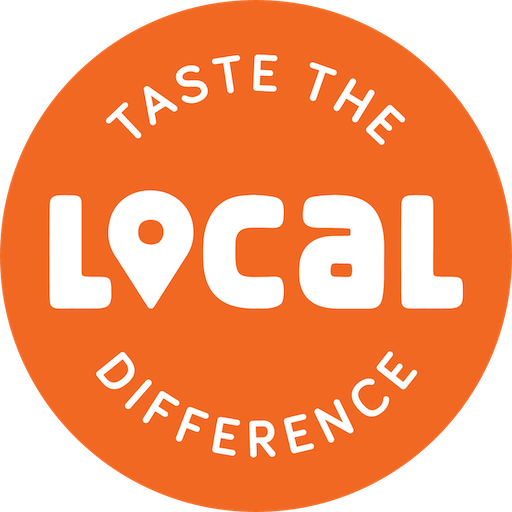What goes into the price of cuts of local meat? In addition to the cost of raising and caring for the animals, the expense of processing the meat is another factor. Throw-in-the-pan cuts, like chops or steaks, are popular because of their ease of use, but require more processing by the farmer before getting to your plate. Larger cuts, which require less processing, often don’t come with such a hefty price tag per pound.
Selling cuts like roasts is more difficult for livestock farmers, with anything from household size to time management getting in the way of consumers buying a larger portion size. Due to the smaller demand from consumers, Providence Organic Farm in Central Lake adjusted the amount they have processed from pork shoulder into smoked cottage bacon. The larger pork shoulder, passed up by intimidated shoppers, is transformed into incredible tacos for pop ups at their farm market on select Saturdays.
Larger cuts of meat often give you more bang for your buck — even with a more expensive bill up front due to the overall weight, the more you buy, the more you save. Folks who participate in programs where you can purchase a quarter, half, or whole animal receive an entire freezer’s worth of quality meat, typically at a discount than if purchasing cut-by-cut. Detroit Flight Path Farms in Romulus says on their website that buying their pigs by the whole or half will save you as much as 20% from buying cut-from-cut, and you get to specify what you’d like, and even include the bones for stock and lard for baking projects and frying eggs.
So what should you be doing with your larger cuts of local meat? Items like lamb or pork shoulder, or beef chuck, are an incredibly versatile large cut of muscle. Besides roasting them whole, you can also cut them into smaller pieces for summertime grilling meals, like kebabs or ground into burger. You can also braise larger cuts until they’re falling apart, and add them to a taco! Try our local-focused recipe:

Braised Beef (or Pork or Lamb or Bison or) Tacos
• ~2.5 lbs Beef or Bison Chuck Roast (or Pork or Lamb Shoulder) (I got mine from Providence Organic Farm Market)
• Splash of Vegetable Oil
• 6 Garlic Cloves, crushed
• 2 Dried hot peppers, or 2 teaspoons red pepper flake
• 1 can local dark beer (I used Arcadia Ale’s Porter Rico that I picked up from Short’s Brewing for fun extra coconut flavor)
• 1.5 cup Stock
• 1 tbsp Cumin
• Salt
• Black Pepper
Preheat the oven to 350 degrees.
Season both sides of your chuck shoulder or your choice of meat liberally with salt and pepper. Sear your protein off over medium-high heat using vegetable oil in a dutch oven. If you prefer to use an Instapot to save time, you can use the saute function to start. Sear your meat on both sides to create a fond in the pan, otherwise known as the leftover brown spots and pieces in your pan, and a nice caramelized outside.
Once you have a nice, seared outside, remove your protein from the pan. Toss in your dried peppers, and cook for a minute or two. Then, add your garlic, and cook just until fragrant (about a minute.)
Add your local dark beer, and scrape up the bottom fond. Add in your cumin and stock.
Add your protein back into the pan, and place in the oven for 3½ to 4 hours or until falling apart. If using an Instapot, cook on manual for 50 minutes, release your steam naturally for ten minutes and then manually release the pressure. If your beef isn’t easily falling apart at this point, be sure to continue cooking, adding liquid if necessary.
Once the protein is falling apart, remove it from the pan, and shred as needed. I like to still have larger ‘shreds’ of meat for tacos.
Place in a locally-produced tortilla, with pico de gallo or pickled onions and local hot sauce. Enjoy!
Find lamb, pork, beef, or even bison, yak or elk farmers near you by using the Find Food and Farms database.
